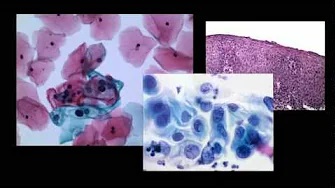Document Type
Article
Publication Date
8-1-2023
Abstract
BACKGROUND: Myeloid cells are critical for iron and immune homeostasis. Ferritin heavy chain (FTH1) is essential for intracellular iron storage. Myeloid FTH1 is important in the pathogenesis of many inflammatory diseases. However, the role of myeloid FTH1 in colitis and colitis-associated cancer has not been determined.
METHODS: Myeloid FTH1 deficient and wild-type mice were treated with dextran sodium sulfate (DSS) or azoxymethane (AOM)-DSS to compare their susceptibility to acute colitis or colitis-associated cancer.
RESULTS: Myeloid FTH1-deficient mice fed with a high-iron diet were less susceptible to DSS-induced acute colitis than wild type mice. Mechanistic studies showed that myeloid FTH1 deficiency resulted in lower expression of an iron uptake protein divalent metal transporter 1 (DMT1) and active phosphorylated signal transducer and activator of transcription 3 (STAT3) in the colon tissues. Our studies also showed that pharmacological STAT3 reactivation restored the susceptibility of myeloid FTH1-deficient mice to DSS-induced acute colitis. Consistently, myeloid FTH1-deficient mice fed with a high-iron diet had reduced DMT1, phosphorylated STAT3 and inflammation in their colon tissues, and were less susceptible to colitis-associated colorectal cancer.
CONCLUSIONS: Our study demonstrated that myeloid FTH1 is required for colitis and colitis-associated colorectal cancer via maintaining of DMT1-iron-STAT3 signaling activation under excess iron condition.
Recommended Citation
Liu Z, Arcos M, Martin DR, Xue X. Myeloid FTH1 Deficiency Protects Mice From Colitis and Colitis-associated Colorectal Cancer via Reducing DMT1-Imported Iron and STAT3 Activation. Inflamm Bowel Dis. 2023 Aug 1;29(8):1285-1296. doi: 10.1093/ibd/izad009. PMID: 36745026; PMCID: PMC10393209.

